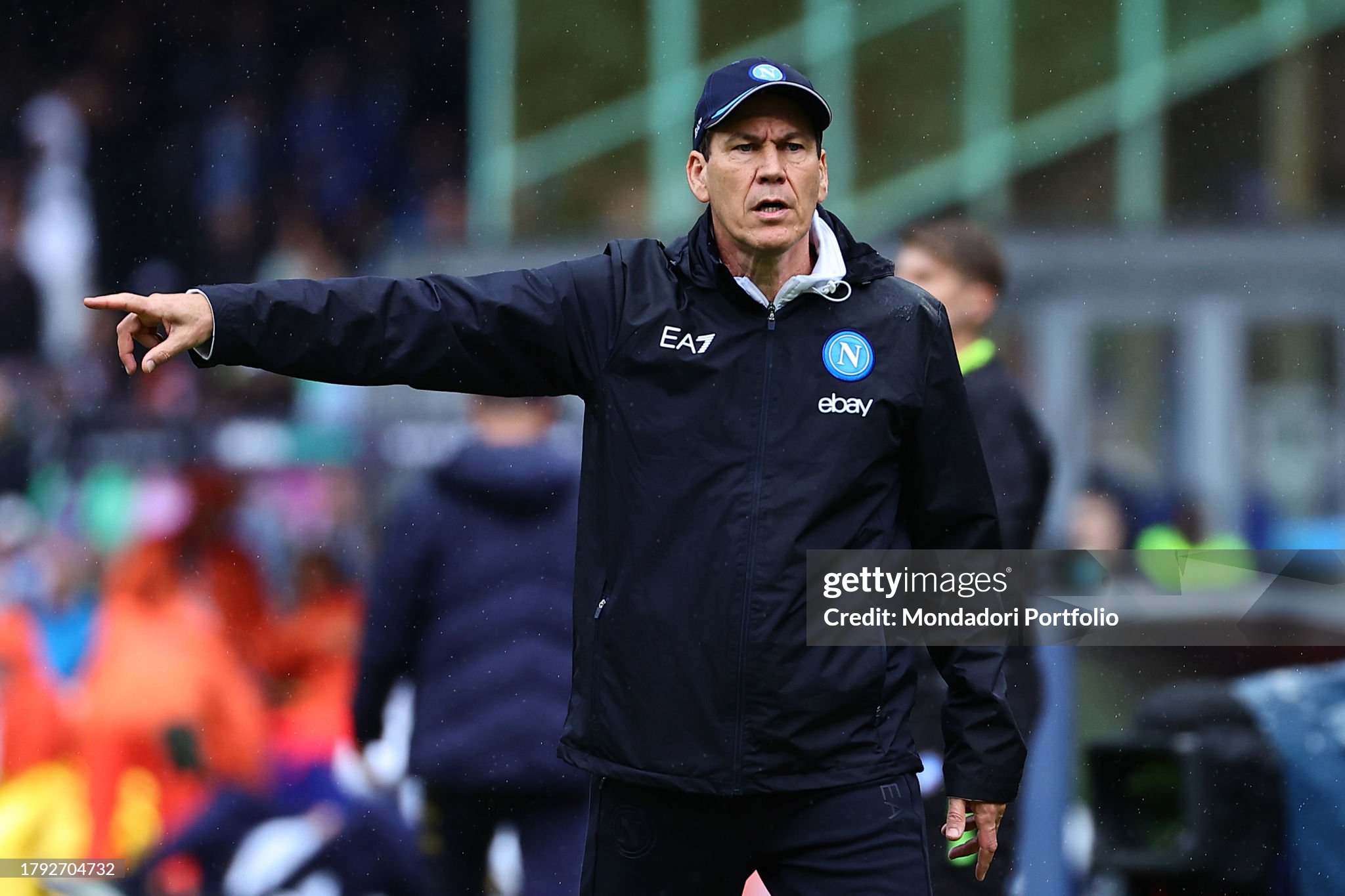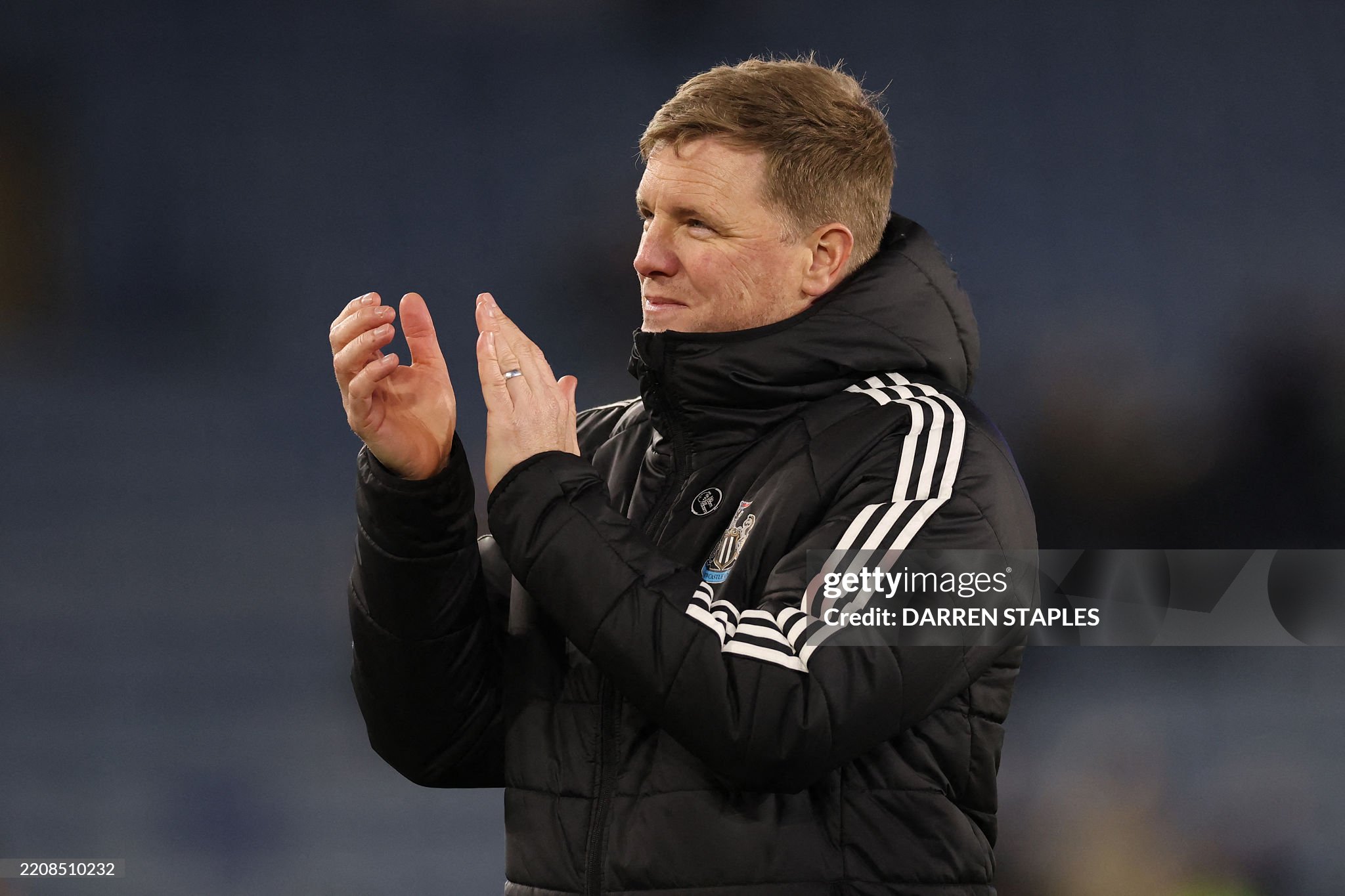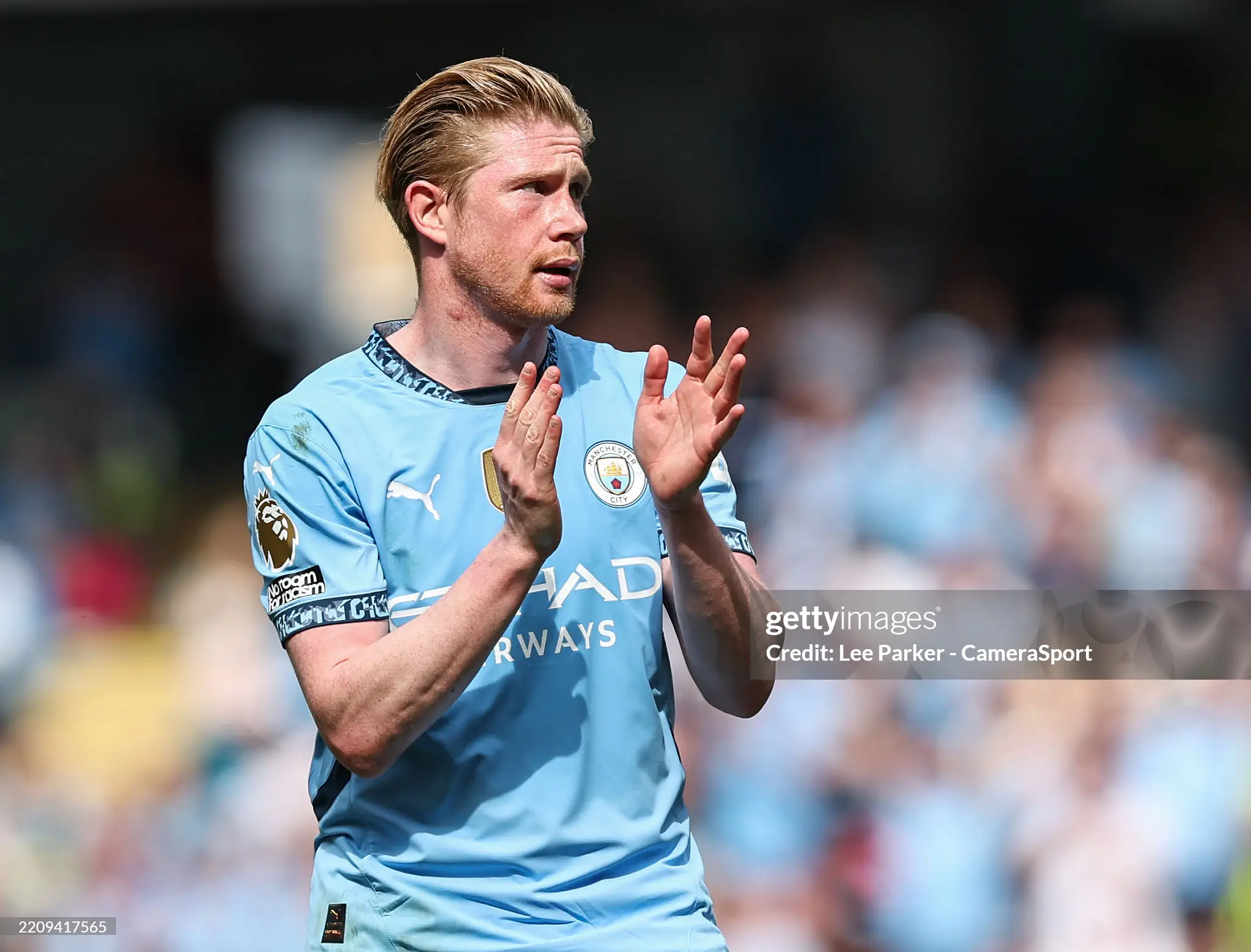Aurelio De Laurentiis has caused a stir with his statements about Rudi Garcia, who was fired this season. The Napoli chairman was clearly not a fan of the coach and said that he should have fired him right on the first day.
 Embed from Getty Images
Embed from Getty Images
In an extensive interview with Corriere dello Sport, Napoli's president, Aurelio De Laurentiis, opened up about a range of topics, notably discussing the controversial dismissal of former coach Rudi Garcia. De Laurentiis's revelations provide a candid insight into the internal dynamics of one of Italy's most prominent football clubs.
De Laurentiis disclosed that his doubts about Garcia's suitability for the role surfaced immediately. He humorously recalled the day of Garcia's introduction, musing that he should have announced Garcia's departure then and there. This initial skepticism stemmed from Garcia's admission on his first day that he was unfamiliar with Napoli and had not watched any of their games. De Laurentiis, though initially amused, later realized the seriousness of this lack of familiarity.
Despite these early misgivings, De Laurentiis held onto hope for a successful partnership. He expected Garcia to at least attempt to emulate the style of Luciano Spalletti, Napoli's former coach known for his distinctive football philosophy. However, Garcia's approach diverged sharply, culminating in a demand that De Laurentiis found particularly unreasonable: the dismissal of the well-regarded fitness coach, Francesco Sinatti.
Further illustrating the complexity of the coaching situation at Napoli, De Laurentiis revealed that Garcia wasn't the club's first choice. Napoli had initially pursued other prominent figures in the football world – Thiago Motta and Luis Enrique. However, both declined the offer, leading to Garcia's appointment.
The interview concluded with an update on Napoli's current coaching landscape. Walter Mazzarri now helms the team as they strive to maintain their status as Italian champions. De Laurentiis's comments underscore the high stakes and intense scrutiny inherent in managing a top football club, where decisions are often made under the immense pressure of expectations from fans, players, and the media.









